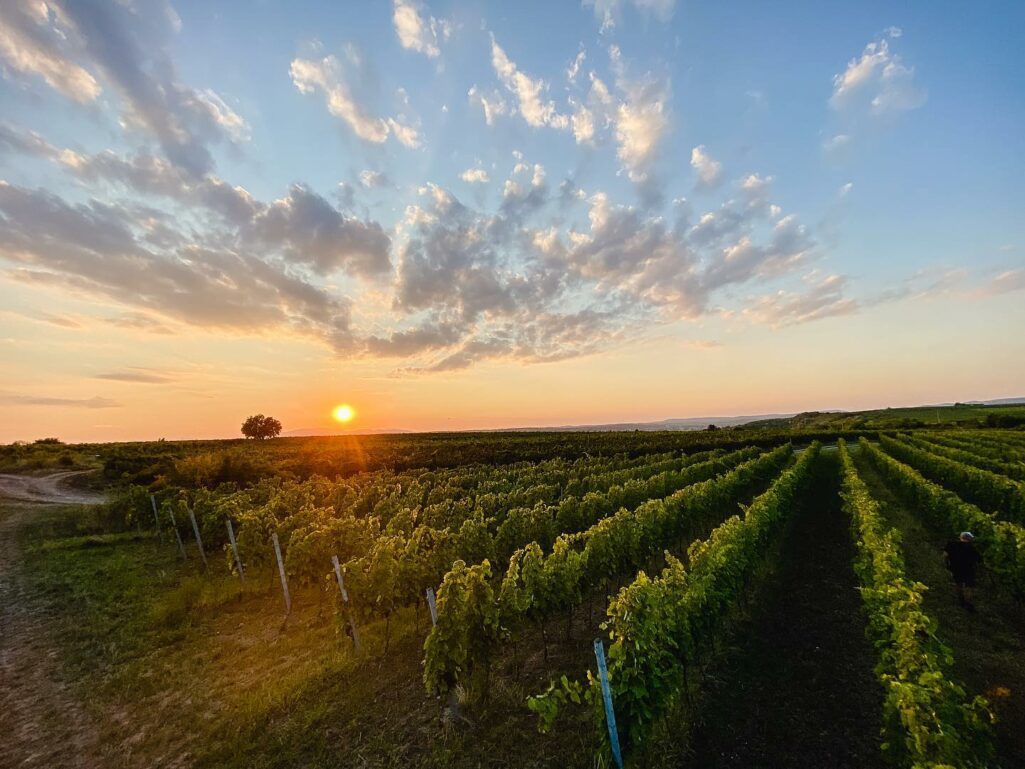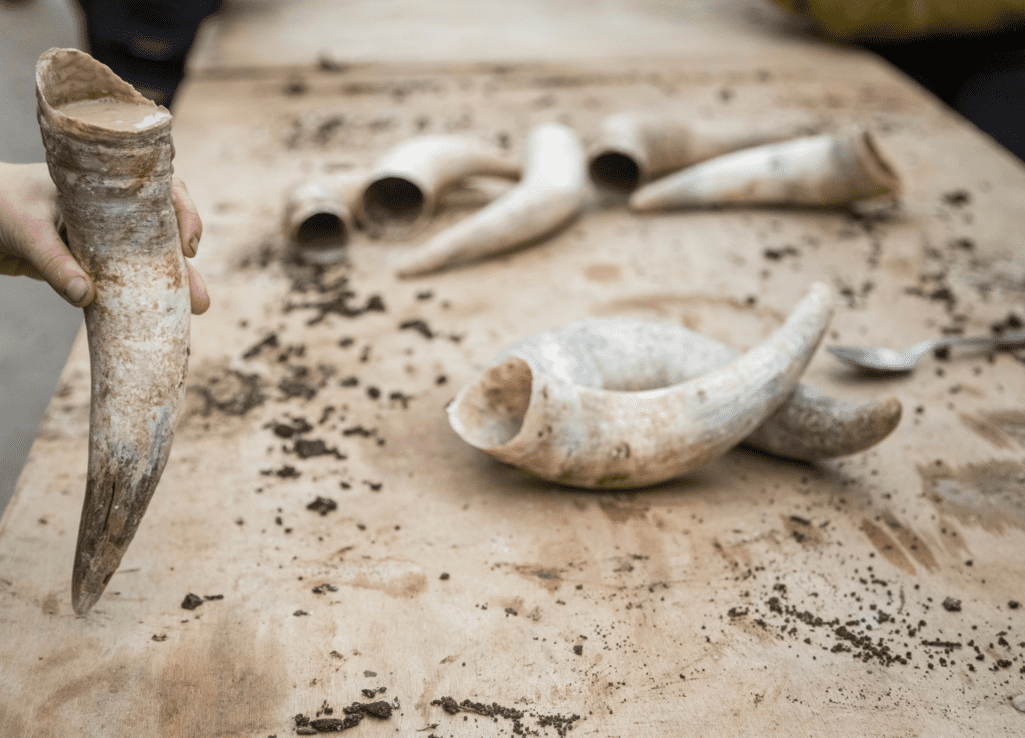When we think of organic and biodynamic farming, we often focus on the environmental and health benefits. However, recent studies have shown that these farming practices also result in wines that taste better. Suspicious? Let's start with evidence!

Savoring Superiority: The Taste Test
Researchers at UCLA and the KEDGE Business School in Bordeaux analyzed over 74,000 scores of California wines and found that organically and/or biodynamically certified wines scored 4.1 percent higher than their counterparts. Similar results were seen in a study of 128,000 French wines, with organic wines scoring 6.2 percent higher and biodynamic wines scoring 11.8 percent higher on average. Additionally, by investigating the top scores from influencers like Robert Parker, Wine Enthusiast and Wine Spectator have shown that organic wines perform better than their peers.
The Chemistry of Delight: Phenolic Wonders
Chemical composition plays a significant role in the taste of wine, and studies have shown that organic and biodynamic wines are chemically superior. They contain higher levels of phenolic compounds, which contribute to flavor and aroma intensity. These wines are more expressive, resilient to oxidation, and offer a heightened sensory experience for wine enthusiasts.

Cultivation Craftsmanship: Elevating Wine Quality
The way grapes are cultivated directly influences their taste. Organic and biodynamic farming methods have been found to produce wines of superior quality. These methods create a clear hierarchy of quality, with organic and biodynamic wines demonstrating increased aroma intensity and flavor concentration. The meticulous farming practices of organic and biodynamic producers contribute to the production of expressive, nuanced, and high-quality wines.
Terroir Transcendence: Nurturing Character and Flavor
Winemakers and experts emphasize the role of organic farming in creating wines that truly reflect their terroir. Organic farming practices promote healthier soils and enhance the performance of vines. The resulting wines exhibit purer and more evocative flavors, with a deep connection to the land. Lively soils, increased microbial activity, and careful vineyard management all contribute to the expression of terroir in organic and biodynamic wines.
Thoughtful Farming, Exceptional Wines: Art meets Science
The art of winemaking intertwines with the science of thoughtful farming. Organic and biodynamic producers approach their craft with meticulous care, dedicating more time and effort to their vineyards. This hands-on approach results in wines of exceptional quality. Recognizing that sustainable farming practices naturally yield a superior product, winemakers embrace organic and biodynamic methods to create wines that speak of the land and showcase their commitment to the environment.

The Feel-Good Factor: Sustainable and Soulful Sips
Drinking organic and biodynamic wine encompasses more than just taste; it evokes a feel-good factor for consumers. Knowing that the wine they enjoy is not only delicious but also made with a commitment to environmental sustainability enhances the overall experience. In an era of increasing climate change awareness, individuals seek out products that align with their values, making organic and biodynamic wines an appealing choice with the willingness of paying a bit more.
A Tasty Conclusion: Nourishing Palates and the Planet
Organic and biodynamic wine embodies a win-win situation. Not only do these wines provide exceptional taste experiences, but they also promote sustainable agriculture, benefiting the planet, and fostering a sense of connection with the land. By choosing organic and biodynamic wines, consumers can indulge their palates while making a positive impact on the environment.
Don't forget to check out the products from our organic and biodynamic producers!
Our blogpost is based on wine-searcher.com article, by Kathrine Willcox, published on 14th of June 2023.